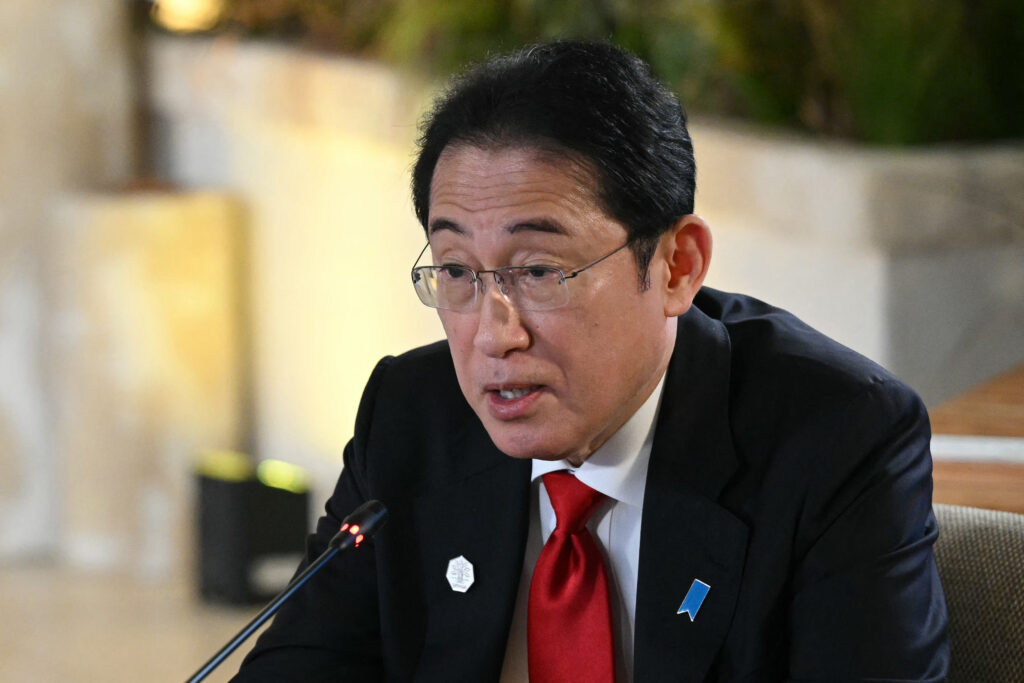
- ARAB NEWS
- 31 Jul 2025

TOKYO: Japanese Prime Minister Fumio Kishida expressed his willingness Wednesday to meet with and apologize to victims of forced sterilization under the now-defunct eugenics law.
After the Supreme Court the same day issued a ruling fully in favor of plaintiffs in damages lawsuits against the government over sterilizations they were forced to undergo under the law, Kishida told reporters that the acts are “a violation of human rights that tramples on people’s dignity and should not be allowed.” The top court’s Grand Bench also found the old law unconstitutional.
“From the position of executor of law, I sincerely regret this and apologize from my heart,” he went on to say.
Asked if he will meet with the plaintiffs, Kishida noted, “I’d like to hear their difficult experiences and thoughts, and to directly convey words of remorse and apology.”
Kishida made it clear that his government will pay damages promptly to the plaintiffs and swiftly consider new ways to give broad compensation to sterilization victims, pointing out that victims have suffered for a long time and that they are getting older and older.
“It’s an issue that cannot be postponed,” he stressed.
In the wake of the Supreme Court decision, Kishida instructed Ayuko Kato, minister for child policies, and State Minister of Justice Hiroaki Kadoyama to discuss compensation measures with ruling and opposition parties. He also asked Kato to set up a meeting with the plaintiffs by the end of this month.
“The government will make all-out efforts to realize a society in which people live together regardless of whether they have diseases or disabilities, so that (the mishap) will not be repeated,” Kishida said.
As for ongoing similar suits, he suggested that the government would act on the top court ruling.
Of the roughly 25,000 forced sterilization victims, only 1,110 people had received as of May 31 one-off payments of 3.2 million yen per person based on the 2019 relief law.
“The government will do its best to steadily provide (the compensation),” Chief Cabinet Secretary Yoshimasa Hayashi told a press conference.
The relief law, however, has been criticized for not covering some 59,000 women who are believed to have been forced to undergo abortions under the post-World War II eugenics law, as well as for the small size of payments and the fact that bereaved relatives cannot apply for them.
JIJI Press